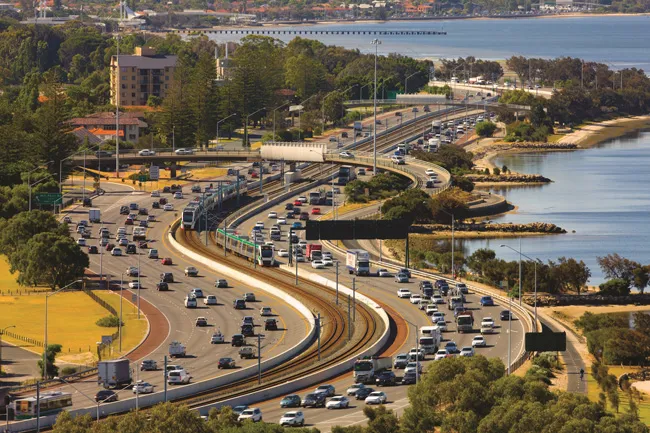Tarmac has been awarded a major US$94 million (£60mn) highways contract from Nottinghamshire County Council (CC) in central England. The contract, which involves the delivery of a wide range of highways services including resurfacing, gulley cleaning, street lighting, road marking and earthworks will see Tarmac’s National Contracting division working in partnership with the local authority’s in-house highways team. The agreement, which will start on 1 April 2013 and run until 31 March 2018 with a five-year
February 7, 2013
Read time: 2 mins
The contract, which involves the delivery of a wide range of highways services including resurfacing, gulley cleaning, street lighting, road marking and earthworks will see Tarmac’s National Contracting division working in partnership with the local authority’s in-house highways team.
The agreement, which will start on 1 April 2013 and run until 31 March 2018 with a five-year extension option, aims to help Notts CC save over $3.13 million (£2mn) each year through efficiency savings, which will be reinvested into improving the condition of the county’s existing road network.
The contract extends Tarmac’s long-standing relationship with Notts CC as well as its proven experience of working on similar strategic contracts in the central England region, including the Midlands Highways Alliance and the Leicestershire Highways Works Alliance.
Last month, Tarmac formally completed a 50-50 joint venture with









